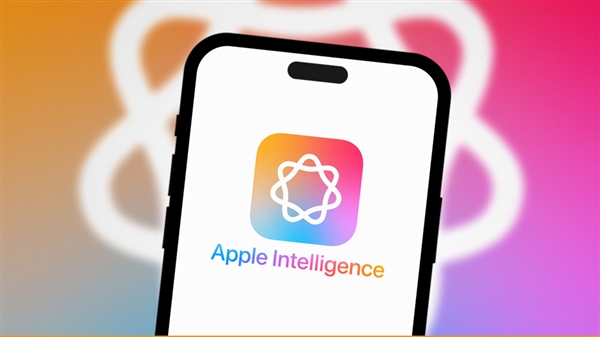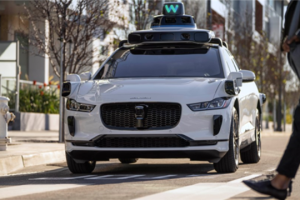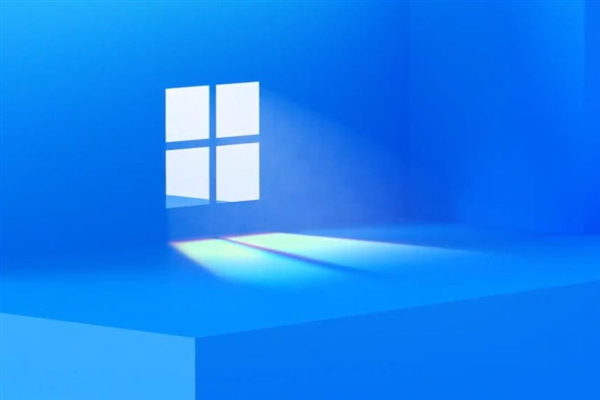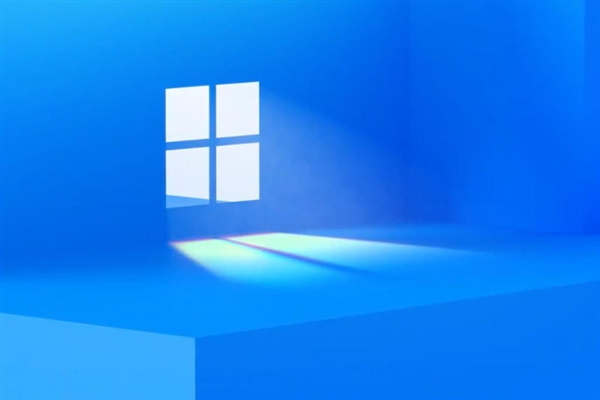August 8, 2025 – Apple is facing a major challenge in the artificial intelligence (AI) arena, and it’s not Siri that’s at the heart of the problem. Instead, the tech giant is grappling with a significant exodus of AI talent, turning it into a prime target in Silicon Valley’s fierce battle for top – notch AI experts.
Since January this year, Apple has seen around a dozen of its AI employees lured away by competitors. This steady stream of departures has left the company reeling in the high – stakes AI talent war. Over the past seven months, the Apple AI team has witnessed a wave of resignations. Several seasoned engineers have jumped ship to join well – known firms like Meta, OpenAI, xAI, and Cohere.

One of the most high – profile departures was that of Ruoming Pang, the head of Apple’s foundational model team. Last month, he was enticed by Meta CEO Mark Zuckerberg with a staggering $200 million compensation package and joined Meta. Other notable ex – Apple AI staff include Brandon McKinzie and Dian Ang Yap, who both headed to OpenAI; Liutong Zhou, who joined Cohere; Mark Lee, Tom Gunter, Bowen Zhang, and Shuang Ma, all of whom landed at Meta; and Floris Weers, who opted for a confidential startup.
These former employees were not just ordinary workers; they were contributors to Apple’s AI model research papers. With Apple’s core foundational model team now consisting of only 50 to 60 people, each departure has a profound impact on the company. Industry insiders believe that these resignations are a sign of a “trust crisis” within Apple’s AI division. In today’s business landscape, top AI talent is considered a “strategic asset” on par with intellectual property.
Amid this talent drain, Apple is struggling to push forward with the update of Siri. The company has been attempting to integrate large language models (LLMs) into the virtual assistant. At last year’s Apple Worldwide Developers Conference, one of the core features of Apple Intelligence that was heavily promoted was the chatbot – enabled Siri. However, this much – anticipated feature has yet to make its debut.
In an effort to turn things around, Apple has set up an AI office in Zurich. The team there is working on a brand – new software architecture for Siri. This new approach, known as the “monolithic model,” is entirely built on a large language model engine. It is designed to replace Siri’s current “hybrid system,” which has become fragmented over the years as new features were piled on top of each other. The new architecture is expected to make Siri’s conversations with users smoother and significantly enhance its ability to understand and integrate information.
During a recent earnings call, Apple CEO Tim Cook expressed optimism about the progress of the personalized Siri powered by Apple Intelligence. He reiterated that the relevant features would be rolled out next year, giving hope to Apple fans and investors alike that the company can overcome its AI challenges.












